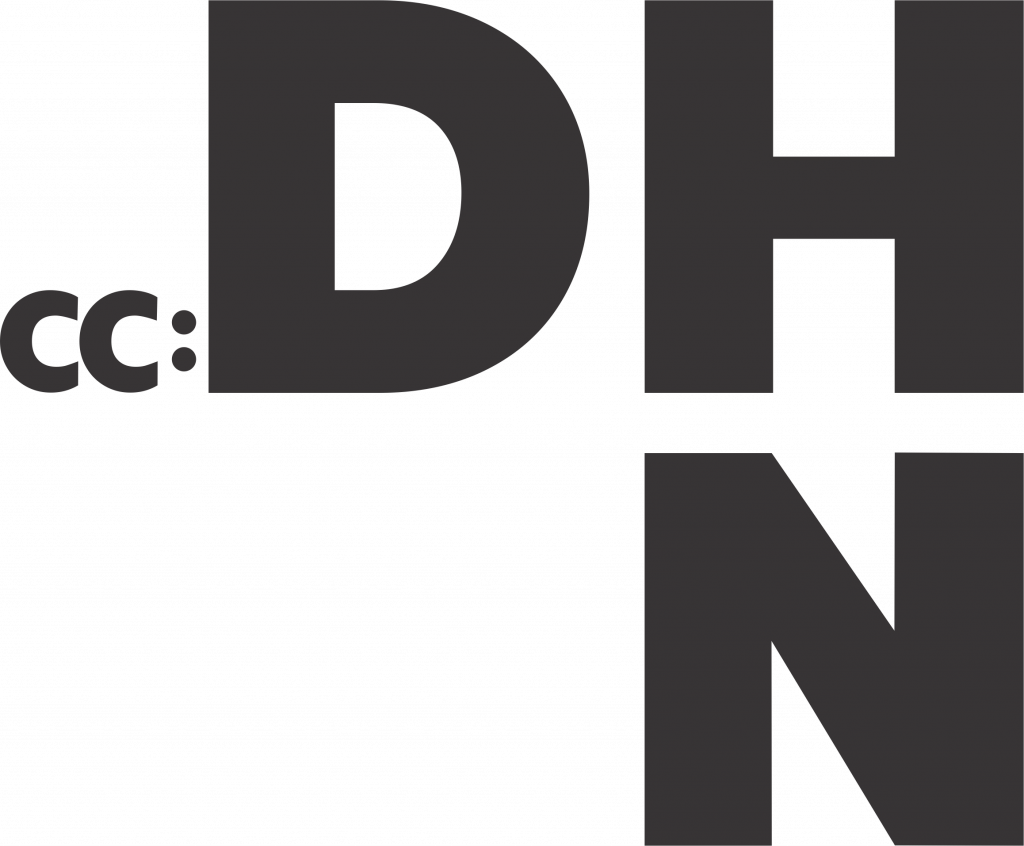
- This event has passed.
Pedagogy of the Digitally Oppressed: Anti-Colonial DH Critiques & Praxis
Format
in person/face-à-faceWhat is our ethical imperative as teachers and scholars in the digital and public humanities? How might we identify and address the colonial histories, legacies, and discursive practices pervading the contemporary technoscape and our departmental curricula? How might we hone our individual and collective capacities to sustain communities of care and transform oppressive structures of knowledge-making in the neoliberal academy? Through engaging with and reflecting on these critical questions, this weeklong course invites scholars, creative practitioners, and off-campus community members to develop collective strategies for refusing the damaging colonialities of teaching, learning, and research practices. As co-participants, we will foreground an ethic of care and community building in identifying tactics that we can share and act upon to challenge and transform colonial ideologies and systems embedded within the increasingly interdisciplinary practices of digital humanities. Building upon Paulo Freire’s writings on the pedagogy of the oppressed and aligning with Global South, Indigenous, Black, and women of colour feminist, queer, and crip justice work, we will imagine and continue the ongoing process of bringing into being the anti-colonial possibilities of classroom teaching for a bolder and more affirming environment for digital humanists inside and outside the academy.
